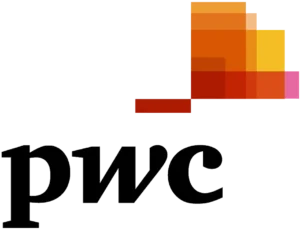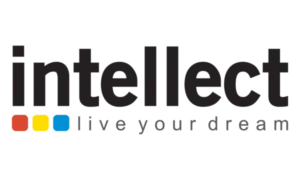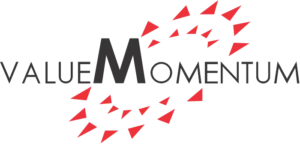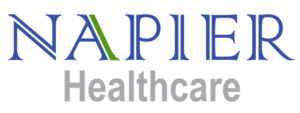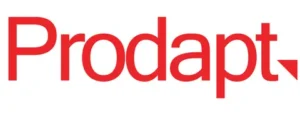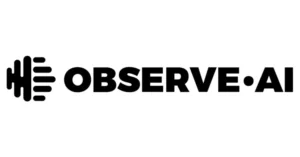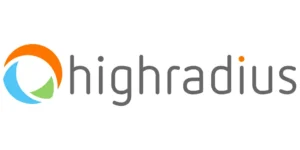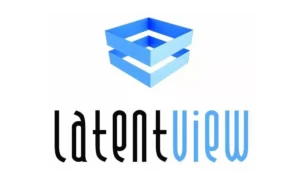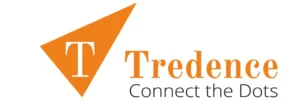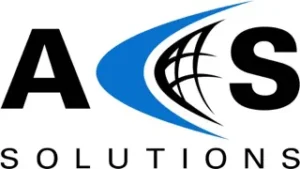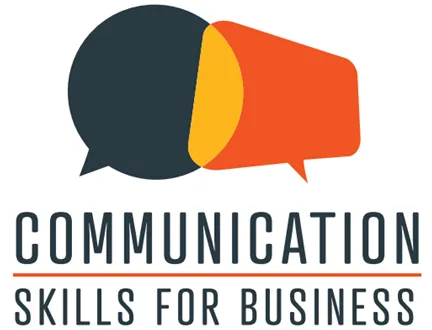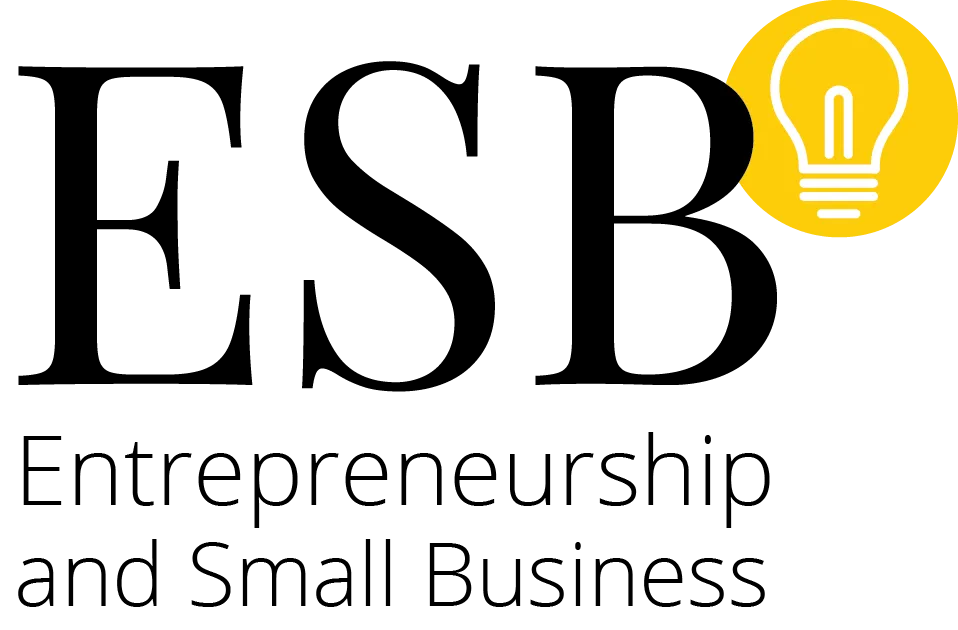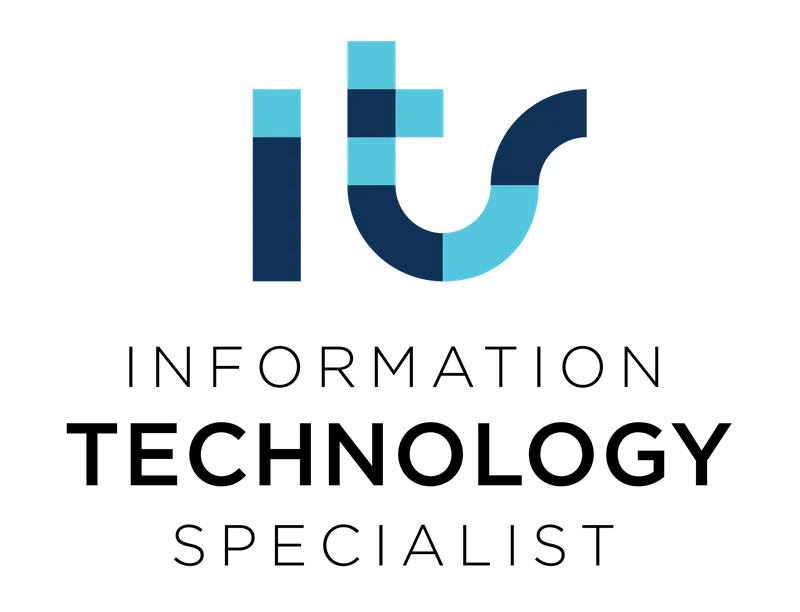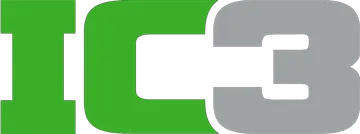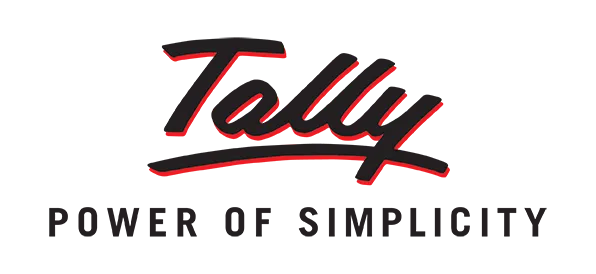Our Java Full Stack Training in Chennai will make students learn some of the most in-demand concepts in Java Full Stack such as – HTML, CSS, Bootstrap, JavaScript, Java, MySQL, JSP & Servlet, Spring Boot Framework etc. This curriculum will surely make students experts in the concept of Java Full Stack in a shorter span of time. Our Java Full Stack Course with 100% placement support is curated with the help of leading experts from the IT industry, which makes our Java Full Stack Course up-to-date in accordance with the latest trends.
Our SLA Institute is guaranteed to place you in a high-paying Java Full Stack Developer and other Java Full Stack related jobs with help of our experienced placement officers. SLA Institute’s Course Syllabus for Java Full Stack covers all topics that are guaranteed to give you a complete understanding of the Java Full Stack Course in Chennai.

